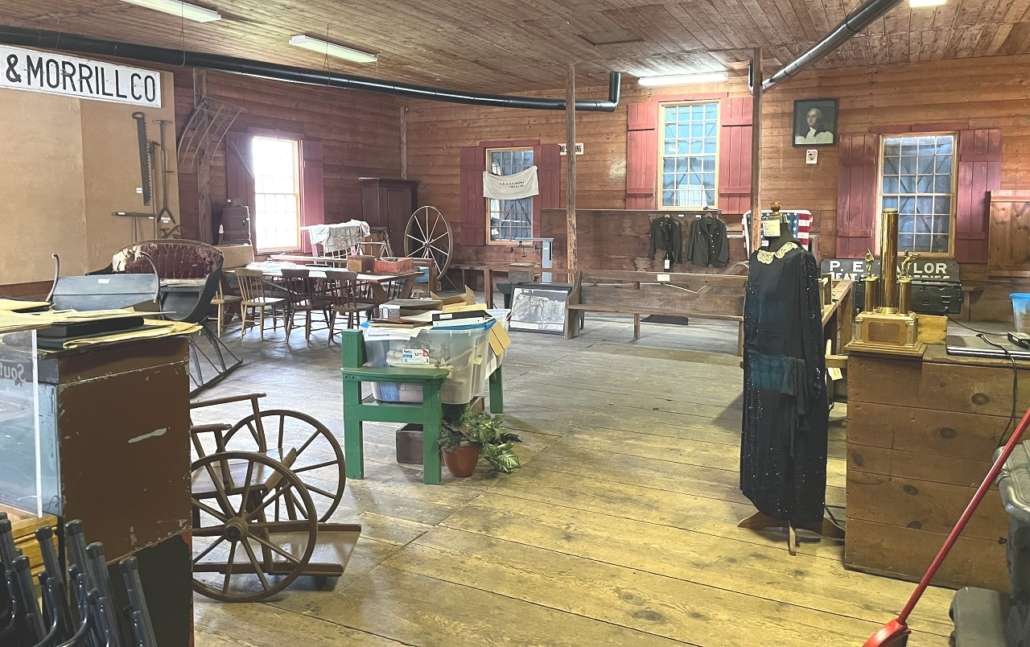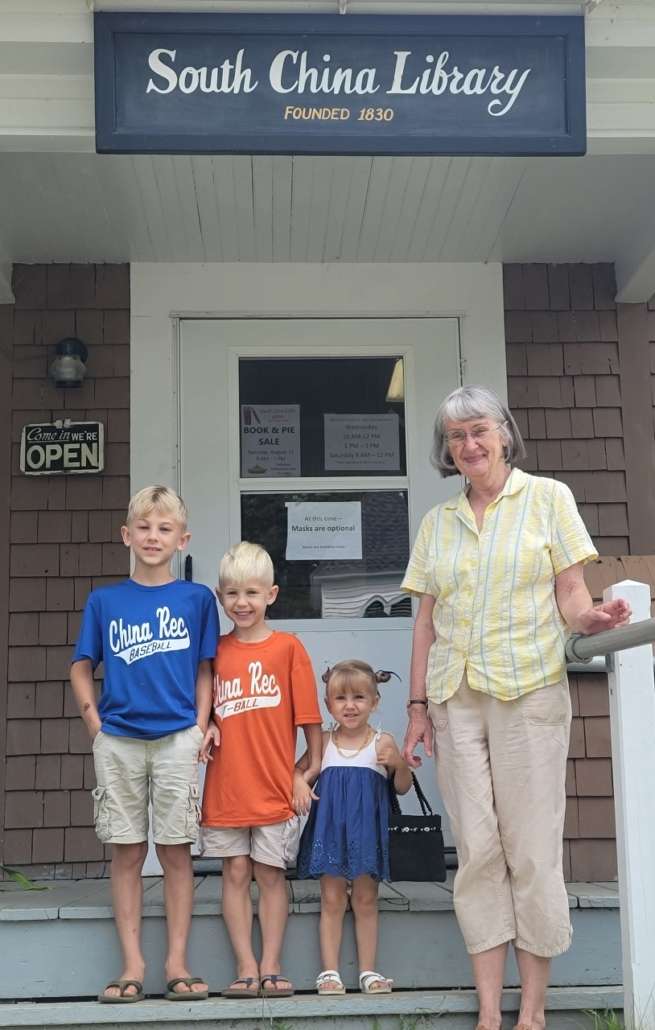OPINION: A few suggestions about being litter free
 COMMUNITY COMMENTARY
COMMUNITY COMMENTARY
by Richard Dillenbeck
China resident
Hello…let me share an update on efforts to create a Litter-Free China! Twenty years ago, I started picking up roadside litter on Lakeview Drive. The satisfying undertaking was combined with my habit of long-distance walking. Today I remain puzzled why so many drivers feel the best way to get rid of trash is to throw it out car windows.
Four years ago, an appeal was made for others to join the effort, and, at its peak, some summers over 50 volunteer were involved. That was greatly reduced by COVID and now remains low. Most people live busy lives and one’s enthusiasm is easy to lose when the litter is back within a week. To illustrate a portion of what was picked up this summer, I retrieved over 700 cans and bottles on Lakeview Drive, plus bags of other litter. Efforts were supported by the town manager’s purchase of bags and gloves, also volunteers provided their own. I would place the level of littering to be somewhat less than previous summers but still considerable, which unfortunately means little change in the habits of litterers.
I would like to make three suggestions if you feel this effort is worth continuing:
- Town office make occasional plea in the town’s weekly newsletter for property owners to please pick up litter on their own roadside frontage. It would certainly help our volunteers and the overall effort.
- A few years ago, I asked our own China police officer had he ever ticketed anyone for littering, and he said “no”. Perhaps the Kennebec County Sheriff could be requested to do so.
- Some of the larger pieces of litter may have blown out of trucks enroute to the Transfer Station, although I observe an equal amount on roadside shoulders leading away from the Station. Occasional reminders to the citizenry to tie down/cover transported trash would be helpful.
I want to publicly thank the following persons/organizations for picking up litter:
Mark Jandreau, Ann and Eric Austin, Doug Sukeforth, Jeanne Marquis, Bob Bennett, Katy McCormac, Lori Poulin, Don Matheson, Gary Nichols, Joe Karter, Don Poulin, Sandra Boyce Isaac, Kara Carlson, Don Rice, Jane Golden, Central Church members and Church of LDS members. Also, The Town Line for its support. I suspect there are others who remain either unrecognized or are unknown.
This is being shared with members of the community who serve in official capacities soliciting their support for this effort. Let me close with this memory: when I used to occasionally walk home from Erskine Academy from 1949-1953, our country roads were litter-free. Everyone is invited to be involved in their own helpful way and let’s look forward to next summer.












